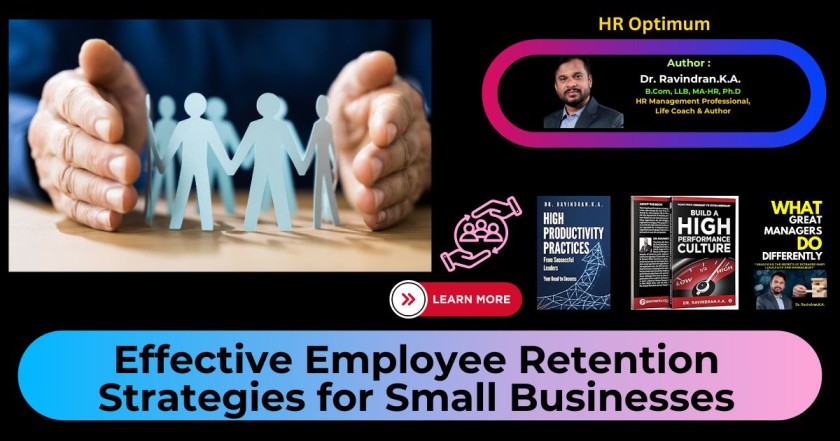Introduction: Managing Employee Expectations
Managing employee expectations is a critical aspect of creating a positive work environment and driving employee retention. When employees have clear expectations and understand their role within the organization, they are more likely to feel valued, motivated, and satisfied in their jobs. In this article, we will explore the significance of managing employee expectations in enhancing retention, highlighting specific Indian industry practices and examples.
Thank you for reading this post, don't forget to subscribe!Clear Job Descriptions and Roles:
Indian companies like Tata Consultancy Services (TCS) and Infosys prioritize providing clear job descriptions and defining roles for their employees. By clearly outlining responsibilities, tasks, and performance expectations, organizations help employees understand their roles within the company. This practice reduces confusion, improves productivity, and fosters a sense of purpose and clarity. Employees who have a clear understanding of their roles are more likely to stay engaged and committed, leading to higher retention rates.
Transparent Performance Evaluation:
Transparent performance evaluation processes are crucial for managing employee expectations and enhancing retention. Companies like Wipro and HCL Technologies emphasize objective and transparent performance assessments. By providing regular feedback, setting clear performance goals, and involving employees in the evaluation process, organizations ensure transparency and fairness. Employees who have a clear understanding of how their performance is evaluated are more likely to stay motivated and strive for improvement, contributing to higher retention.
Open Communication Channels:

Promoting open communication channels is essential for managing employee expectations. Tech Mahindra and Flipkart create platforms for employees to express their concerns, share feedback, and seek clarification. By fostering a culture of open communication, organizations provide employees with the opportunity to voice their expectations, address any issues, and seek necessary support. This practice improves trust, reduces misunderstandings, and helps align employee expectations with organizational goals, positively impacting retention.
Career Development Opportunities:

Indian industries like Aditya Birla Group and Reliance Industries prioritize offering career development opportunities to employees. By providing clear growth paths, mentorship programs, and training opportunities, organizations help employees understand the potential for advancement within the company. Transparent communication about career development fosters a sense of optimism, motivation, and loyalty among employees. When employees see a clear path for growth, they are more likely to stay committed and satisfied, leading to improved retention rates.
Performance Incentives and Rewards:

Recognizing and rewarding performance is an effective practice in managing employee expectations. Tata Motors and Infosys implement performance-based incentives and rewards. By linking rewards to performance outcomes, organizations motivate employees to meet and exceed expectations. Transparent communication about the criteria for incentives and rewards ensures fairness and clarity. Employees who have a clear understanding of how their performance impacts rewards are more likely to be motivated and committed, contributing to higher retention.
Conclusion:
Managing employee expectations through transparency is vital for improving retention in Indian industries. By providing clear job descriptions and role definitions, promoting transparent performance evaluation processes, establishing open communication channels, offering career development opportunities, and implementing performance incentives and rewards, companies like TCS, Infosys, Wipro, HCL Technologies, Tech Mahindra, Flipkart, Aditya Birla Group, Reliance Industries, and Tata Motors set notable examples. These practices create a supportive work environment, enhance employee satisfaction, and foster loyalty, leading to improved retention rates and a thriving workforce.
 hroptimum
hroptimum



